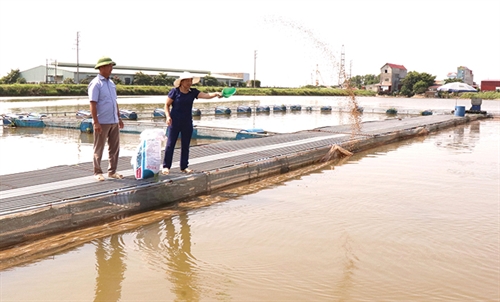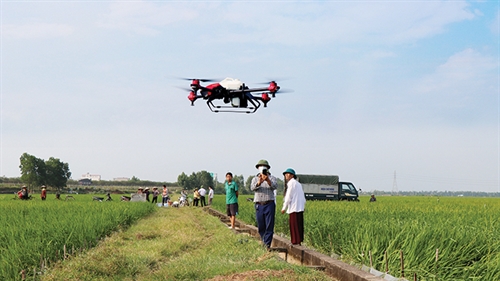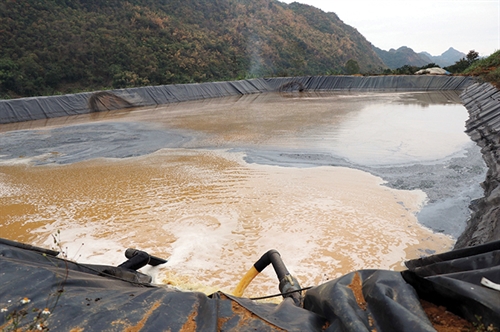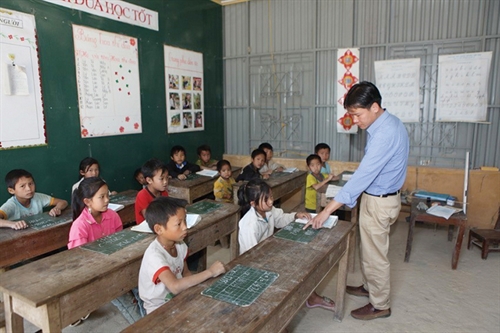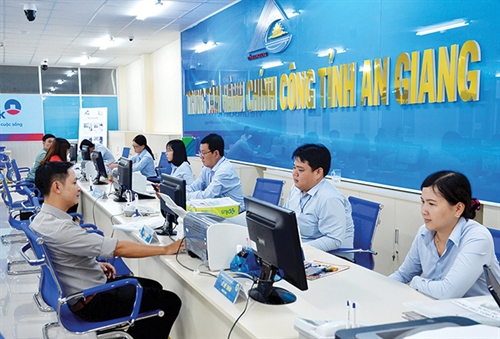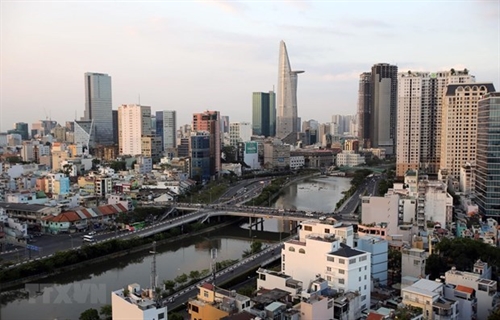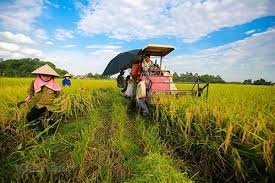By 2030, all supermarkets and shopping malls will have to use biodegradable packaging materials, according to the national program of action on sustainable production and consumption during 2021-30.
Under Prime Minister Decision 889/QD-TTg dated June 24, the program’s overall objective is to better manage, exploit and efficiently and sustainably use natural resources, fuels and materials; and promote the use of environmentally friendly materials and products which can be renewed, reused and recycled.
It also aims to create and develop production and consumption models to promote sustainable domestic production and consumption, create stable and green jobs and sustainable lifestyle for people, striving to develop a circular economy in Vietnam.
Specifically, during 2021-25, it is expected to reduce the consumption of fuels and materials by 5-8 percent in such production sectors as textile and garment, steel, plastic, cement, liquor and beverage production, and aquatic product processing. By 2030, the rate is set at 7-10 percent.
By 2025, 70 percent of industrial parks and craft villages will be aware of sustainable production and consumption with some 30 sustainable production and consumption models successfully applied. Awareness about sustainable production and consumption is expected to be sowed among all industrial parks and craft villages by 2030.
In order to achieve the above-said targets, the program sets forth several tasks and solutions.
As for development of a sustainable distribution system, and import and export, it is required to develop a green and sustainable distribution logistics service system including green logistics centers, warehousing and delivery systems, and intensify the use of clean biological and environmentally friendly fuels in goods delivery and distribution.
The program also encourages the use of environmentally friendly vehicles with less exhaust emission, as well as intensification of public transport in urban areas, and cargo transportation by inland waterways and railways.
As for eco-labeling, it is required to develop and operate a system for certification and labeling of eco-labels including green labels, energy efficiency labels, carbon labels, recycling labels, among others.
At the same time, a system for certification of sustainable tourism labels and green labels will be developed for tourist accommodations and restaurants which satisfy prescribed requirements.- (VLLF)
